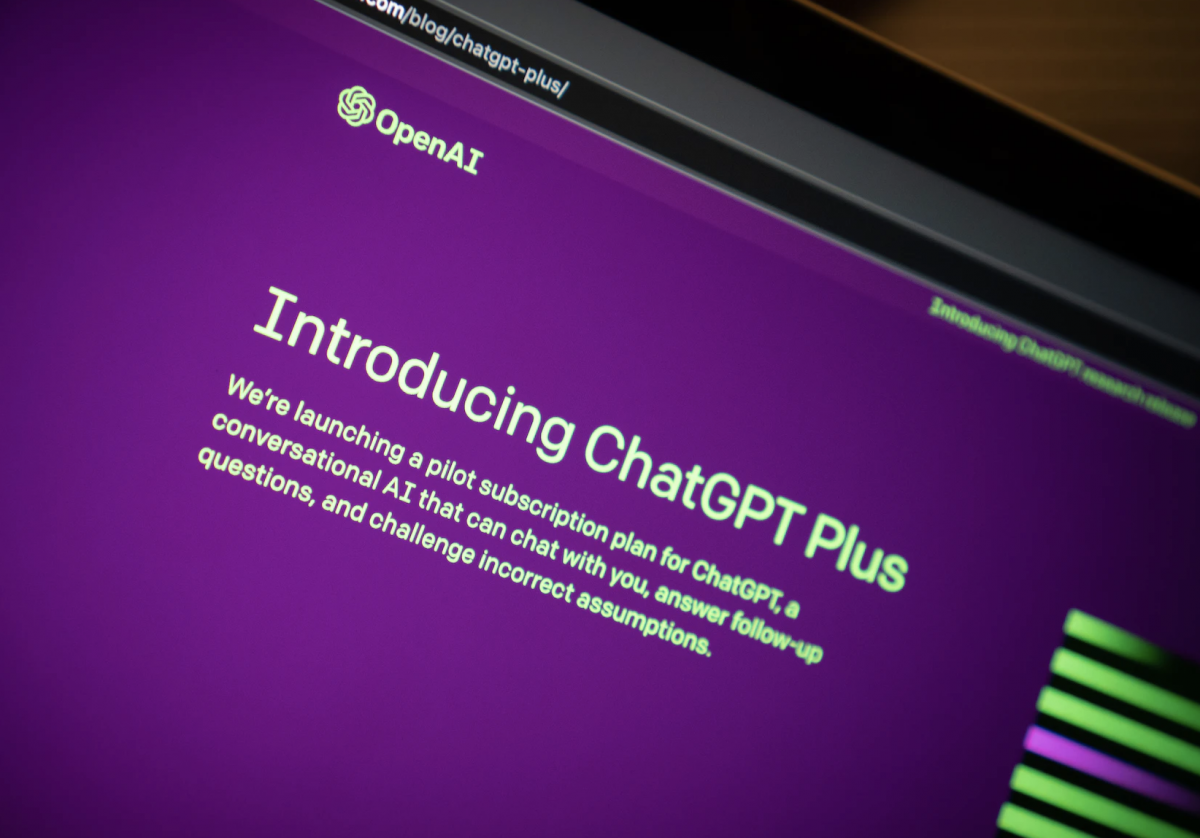Tennessee lawmakers and legal officials are adding their voices to a growing chorus of leaders interested in regulating artificial intelligence (AI) as the revolutionary technology begins to take hold in the state.
Many internet users have by now dipped a toe in AI programs. The Flyer recently asked a text-to-image AI generator to create a photo of “Memphis in the future” (results below). We’ve also asked ChatGPT, so far the most user-friendly and low-barrier AI program, to “write a news story about Memphis.” Turns out, that phrase was too vague, and the program basically spit out the city’s Wikipedia page.

However, ABC24 reporters got a better response in May when they asked a specific question: What should Memphis do to improve its crime problems? The program said city leaders should focus on community policing, building better trust relationships with police officers, investing money in programs that get at the root of crime, and youth development programs like early childhood education.
However, AI leaders from all over the world issued a dire warning about the technology last month. That warning (maybe even in its succinctness) made headlines across the globe and seemed to rattle leaders.
“Mitigating the risk of extinction from AI should be a global priority alongside other societal-scale risks such as pandemics and nuclear war,” reads the statement housed at the website for the Center for AI Safety.
If that doesn’t hit home, maybe you’re the kind of person to consider a dire warning from another … expert: Joe Rogan. He warned of AI’s power and influence when someone used ChatGPT to make a real-sounding but totally fake episode of his controversial podcast The Joe Rogan Experience last month.
It seems, AI has moved from the pages of comic books and sci-fi novels, to laboratories and to early adopters, and to Main Street internet pretty quickly. And lawmakers are trying now to get a handle on it.
Last month, Sen. Marsha Blackburn (R-Tennessee) worried that such programs could be used to create real-sounding but totally fake versions of country songs. She told Fox News that ChatGPT “pulls it right up, and then you can lay in that voice. Give me a voice that sounds like Garth Brooks. Give me a voice that sounds like Reba McEntire singing.” The idea could have major implications for Nashville’s — and the state’s — music industry.
Blackburn expressed concern this week that governments could use AI “to further their surveillance operations.”
“I’ve watched what has happened in China and how they are using AI to grow the surveillance state,” Blackburn said. “They’re very aggressive in this, and we know that they have used it.”
In Nashville this week, Tennessee Attorney General Jonathan Skrmetti urged the National Telecommunications and Information Administration (NTIA) to create governance policies for AI, especially as it “is developed or used to make decisions that result in legal or other significant effects on people.” Of special concern to the AG (and the other AGs who signed a letter this week) was the use of sensitive data like medical information, biometric data, or personal information about children in AI and the possible outputs from it, like deepfakes.
“For example, consumers must be told when they are interacting with an AI rather than a human being and whether the risks of using an AI system are negligible or considerable,” reads the letter.
That letter says any governance shouldn’t dampen innovation in the AI space, however. This is about the same as legislators said about the internet when it became more widely available.
That innovation in AI has already started to spread across Tennessee and in Memphis. For example, the University of Memphis’ Institute for Intelligent Systems lists more than 20 AI projects underway at the school.
One project, AutoTutor, “is a computer tutor that helps students learn by holding a conversation in natural language.” That project has won nearly $5 million in research grants from the federal government. Another project, Personal Assistant for Life Long Learning (PAL3), will guide new Navy sailors in performing their mission essential shipboard duties. The Memphis portion funding this project is $400,000.
Further east, Oak Ridge National Laboratory, the federally funded research and development lab in East Tennessee, launched the Artificial Intelligence Initiative to help its scientists use AI to accelerate their discoveries. Further east in Knoxville, the University of Tennessee launched the $1-million AI Tennessee Initiative in March to fund researchers to use AI in “smart manufacturing, climate-smart agriculture and forestry, precision health and environment, future mobility, and AI for science.”
